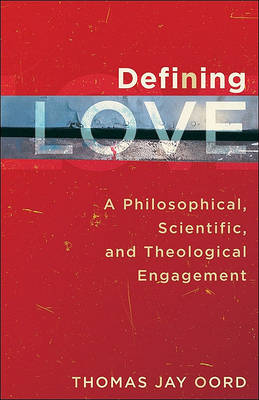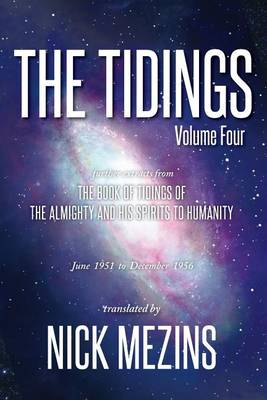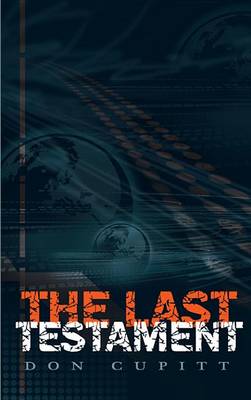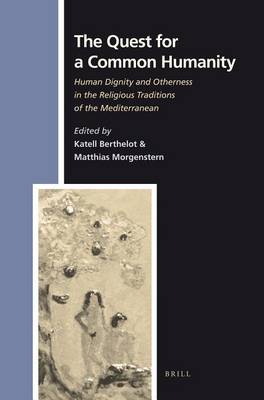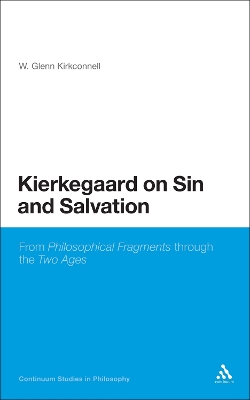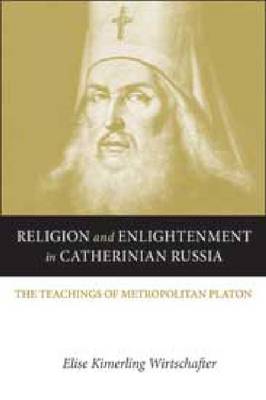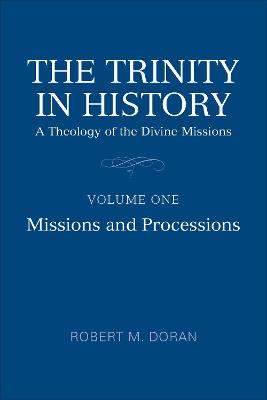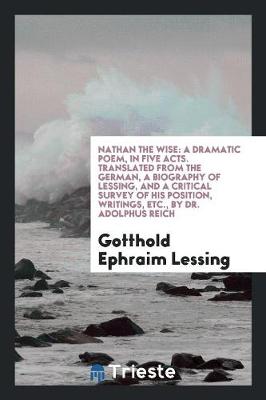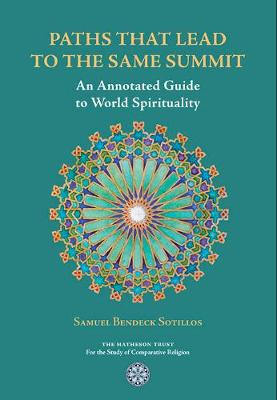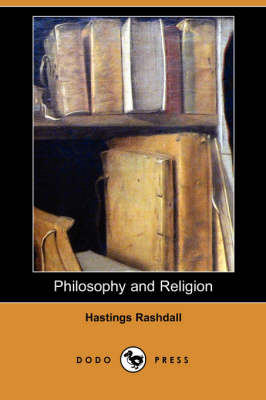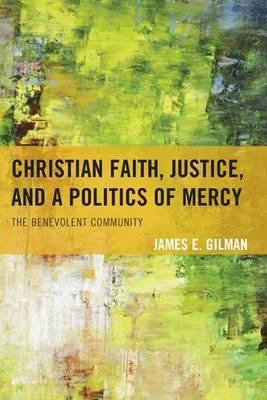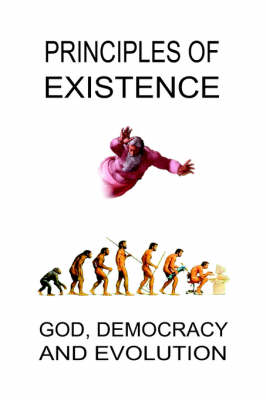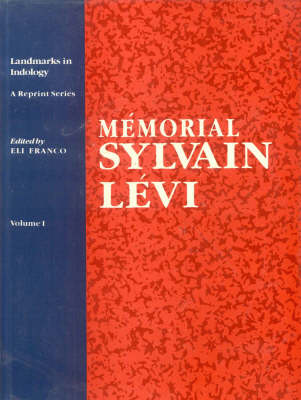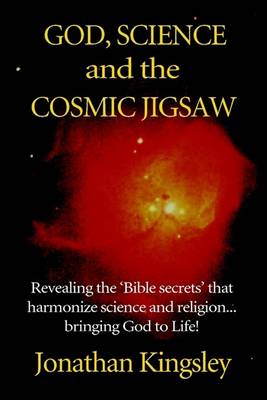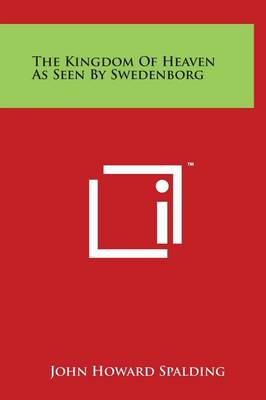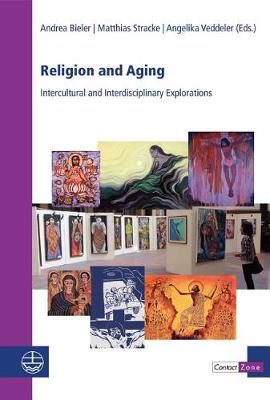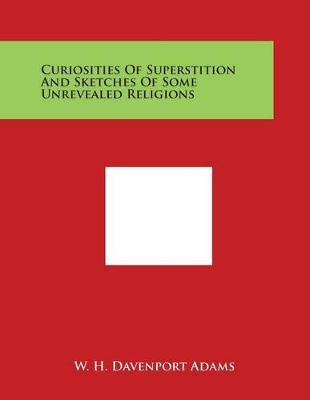The Urge to connect with that which transcends our experience, be it a higher power, another person or some aspect of nature, is one of the things that makes us human. People view the object of this quest differently, as well as what it means to achieve or experience it. Yet regardless of how it's understood, the urge to participate in or belong to something greater and more lasting than ourselves - a feeling born of an awareness of our mortality - is what defines us as spiritual beings. Though...
Some scientific studies suggest that human beings are innately selfish and that Christian virtues like self-sacrifice are a delusion. In this intriguing volume, esteemed theologian Thomas Jay Oord interprets the scientific research and responds from a theological and philosophical standpoint, providing a state-of-the-art overview of love and altruism studies. He offers a definition of love that is scientifically, theologically, and philosophically adequate. As Oord helps readers arrive at a clea...
Do you envy the suicide bombers their firm faith in life after death? Probably not: you think they are deluded. People in the west have quite recently lost all their old ideas about a Better World Hereafter. We now accept that we are already in the Last World, the world with no further reality beyond it, and that we'd better live our life to the full while we have it. If so, then what happens to the traditional problem of Christian origins? Jesus preached the arrival of the Last World, and urg...
The Quest for a Common Humanity (Numen Book)
by Associate Professor Katell Berthelot
Kierkegaard on Sin and Salvation (Continuum Studies in Philosophy)
by W.Glenn Kirkconnell
Soren Kierkegaard (1813-1855) is simultaneously one of the most obscure philosophers of the Western world and one of the most influential. His writings have influenced atheists and faithful alike. Yet despite his now pervasive influence, there is still widespread disagreement on many of the most important aspects of his thought. Kierkegaard was deliberately obscure in his philosophical writings, forcing his reader to interpret and reflect. But at the same time that Kierkegaard produced his eso...
Die Freiheit Des Subjekts Bei Schleiermacher
by Katharina Gutekunst
This valuable study explores the Russian Enlightenment with reference to the religious Enlightenment of the mid-to late-eighteenth century. Grounded in close readings of the sermons and devotional writings of Platon Levshin, court preacher and metropolitan bishop of Moscow, "Religion and Enlightenment in Catherinian Russia" examines the blending of European thought into the teachings of Russian Orthodoxy. Elise Wirtschafter, countering scholarship that depicts an Orthodox religious culture under...
The Trinity in History is the first volume in a new series by Robert M. Doran that uses the thought of Bernard Lonergan to develop a unified field structure for systematic work in theology. Building on his successful and thought-provoking Theology and the Dialectics of History and What Is Systematic Theology?, Doran works out a starting point for a contemporary theology of history and proposes a new application of the 'psychological analogy' for understanding the Christian doctrine of the Trinit...
Christian Faith, Justice, and a Politics of Mercy
by Professor of Philosophy and Religion James E Gilman
Committed Spirituality (Praktische Theologie Heute, #168)
by Ottmar Fuchs
Memorial Sylvain Levy
Curiosities of Superstition and Sketches of Some Unrevealed Religions
by W H Davenport Adams
Augustinus Afer (Paradosis, #45)
by Pierre-Yves Fux, Jean-Michel Roessli, and Otto Wermelinger

